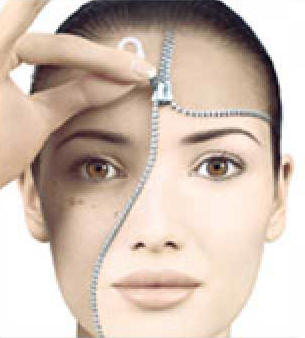Truth in Beauty

Do claims like “natural” or “dermatologist recommended” mean that products are safer or more likely to work?
Manufacturers can claim that their products are “hypo-allergenic”, “dermatologist-tested”, or “noncomedogenic” (designed not to clog pores), for example, but those official-sounding descriptions don’t mean much. That’s because they don’t’ have any standard definition, and they’re not verified or regulated by the Food and Drug Administration or any other agency. “Natural” has no standard definition for personal care products, and that claim is not verified either.
One claim you can count on is the “USDA Organic” seal. That ensures at least 95 percent of the product is truly “organic”, meaning that it’s made from organic ingredients, such as plants that weren’t treated with most synthetic pesticides. But other organic claims may not be as reliable.
Are there chemicals in those creams that we should worry about?
Some anti-wrinkle creams do contain potentially harmful ingredients. Examples include parabens, some of which mimic estrogen and might interact with your body’s’ hormones, and fragrances, because scented products often contain phthalates, which have been linked to reproductive problems. More research is needed before we fully understand the risks. But for now an easy way to help avoid those questionable chemicals is to choose products without “-parabens” or “fragrance” on the ingredients label. Parabens may be listed as “methyl-“, “ethyl-“, “propyl-“, and “butyl-parabens”.
Many anti-wrinkle creams on the market have sunscreen built in – is that enough sun protection for me?
You can’t count on an anti-wrinkle cream to protect you all day from the sun’s harmful rays, even if it has an SPF claim on the label. To be on the safe side, layer on a sunscreen with at least SPF 30 (or a moisturizer with a built-in sunscreen) and reapply it at least every 2 hours, and more often if you sweat a lot or get wet. Retinyl palmitate, tested without sunscreen, has been linked in animal studies to an increased risk of skin cancer. And pregnant women may want to avoid the ingredient, given concerns about possible birth defects from vitamin A derivatives.

